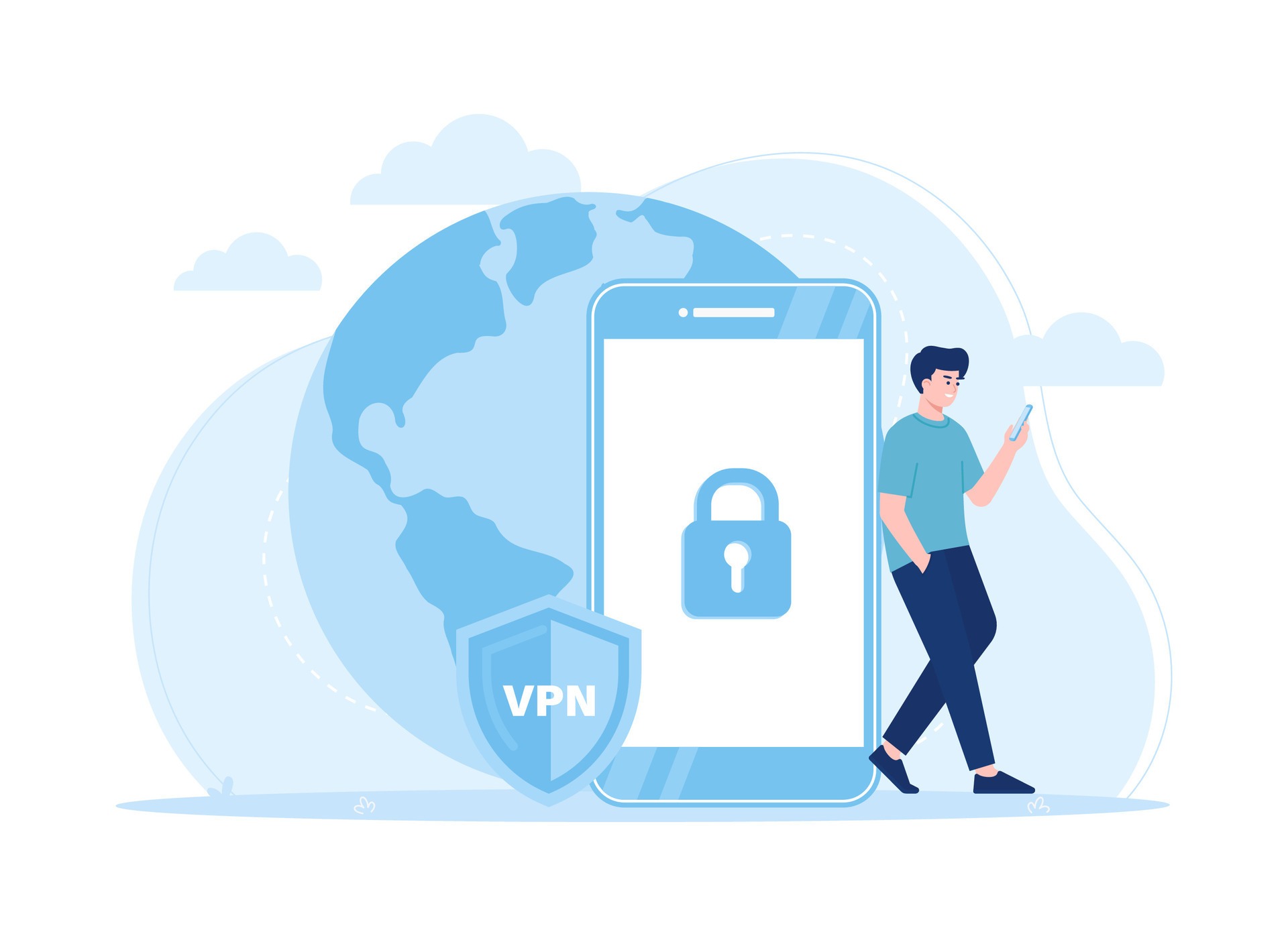In the modern landscape of remote work, securing your digital communications has become increasingly vital. A Virtual Private Network (VPN) serves as a fortress that shields my data from prying eyes, encrypts my internet connection, and allows me to browse securely. In this post, I will share my VPN tips that enhance security while working remotely.

Understanding VPNs
A VPN creates a secure connection between my device and a server operated by the VPN provider. This connection encrypts my internet traffic, making it challenging for hackers or even my Internet Service Provider (ISP) to monitor my online activities. When I connect to a VPN, my IP address is masked, providing an additional layer of anonymity.
✅ Current deal: 🔥 Get NordVPN with up to 75% OFF! 🔥
Why Use a VPN for Remote Work?
During my experience with remote work, I have often found public Wi-Fi networks to be convenient yet perilous. These networks are often unprotected and can expose my data to cybercriminals. VPNs help in creating a secure tunnel, particularly when I am on these networks, making eavesdropping and data theft much more difficult.
My Essential VPN Tips
Here are some essential tips that I recommend for securing your remote work environment with a VPN:
-
Choose a Reputable VPN Provider
When I select a VPN, I prioritize established providers known for their robust security protocols. It’s essential to research and read user reviews to ensure that the VPN does not keep logs that could compromise my privacy. -
Enable Kill Switch Features
A kill switch is crucial in maintaining my security. This feature cuts off internet access if my VPN connection drops unexpectedly. I never take chances when my data security is at stake; the kill switch ensures that my sensitive information remains protected if there is a hiccup. -
Use Strong Encryption Protocols
I always opt for a VPN that employs strong encryption protocols like OpenVPN or WireGuard. These protocols effectively safeguard my data from interception, which I find reassuring, especially when handling sensitive work material. -
Avoid Free VPN Services
Although free VPNs may seem tempting, I’ve learned that they often come with inherent risks. Many free services monetize their users through ads or data collection, potentially compromising privacy. I prefer investing in a paid VPN that prioritizes security without the hidden costs. -
Keep VPN Software Updated
Just like other software, I always keep my VPN application updated to benefit from the latest security features and patches. Cyber threats evolve rapidly, and I believe being proactive in updating my software is essential for maintaining robust security. -
Use Multi-Factor Authentication (MFA)
Implementing MFA adds an extra layer of security when accessing my VPN. This approach requires not only a password but also another form of identification, such as a temporary code sent to my phone. It ensures that even if my credentials are compromised, unauthorized access remains unlikely.
Additional Considerations for Remote Work Security
In addition to using a VPN, I consider other security measures that complement my protective online environment.
Secure Your Home Network
I ensure that my home Wi-Fi network is secure by changing the default password and enabling WPA3 encryption. A strong home network serves as the first line of defense against intrusions.
Be Cautious of Phishing Attacks
Phishing remains a popular tactic used by cybercriminals to steal sensitive information. I am cautious about unsolicited emails and click only on trusted links. I often confirm the sender’s authenticity before sharing any personal or work-related information.
Regularly Audit Your Devices
I regularly review the devices connected to my network and remove any that I do not recognize. Conducting audits helps me ensure that unauthorized devices aren’t accessing my personal or work data.
Create Strong Passwords
I use complex passwords for all my accounts and consider using a password manager for added convenience. A strong, unique password for each account minimizes the risk of breaches.
✅ Current deal: 🔥 Get NordVPN with up to 75% OFF! 🔥
Final Thoughts
The importance of securing remote work cannot be overstated. Implementing a VPN as part of a comprehensive security strategy greatly enhances my protection against cyber threats. By following the tips outlined in this post, I feel more confident in my ability to work securely from virtually anywhere.
The world of remote work offers flexibility, but I have learned that it also demands vigilance. My understanding of VPNs and their significance in protecting my digital activity has been invaluable. Embracing these security practices fosters not only personal security but also contributes to a safer working environment overall.
Affiliate Disclosure: By clicking on our links, we may earn commissions at no additional cost to you.